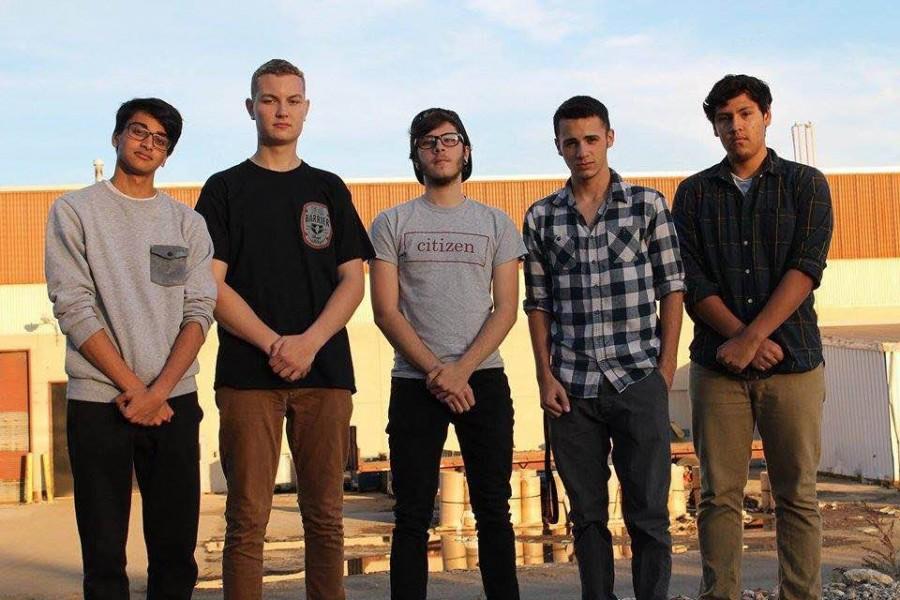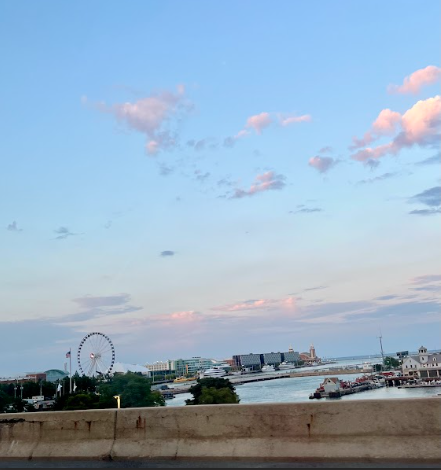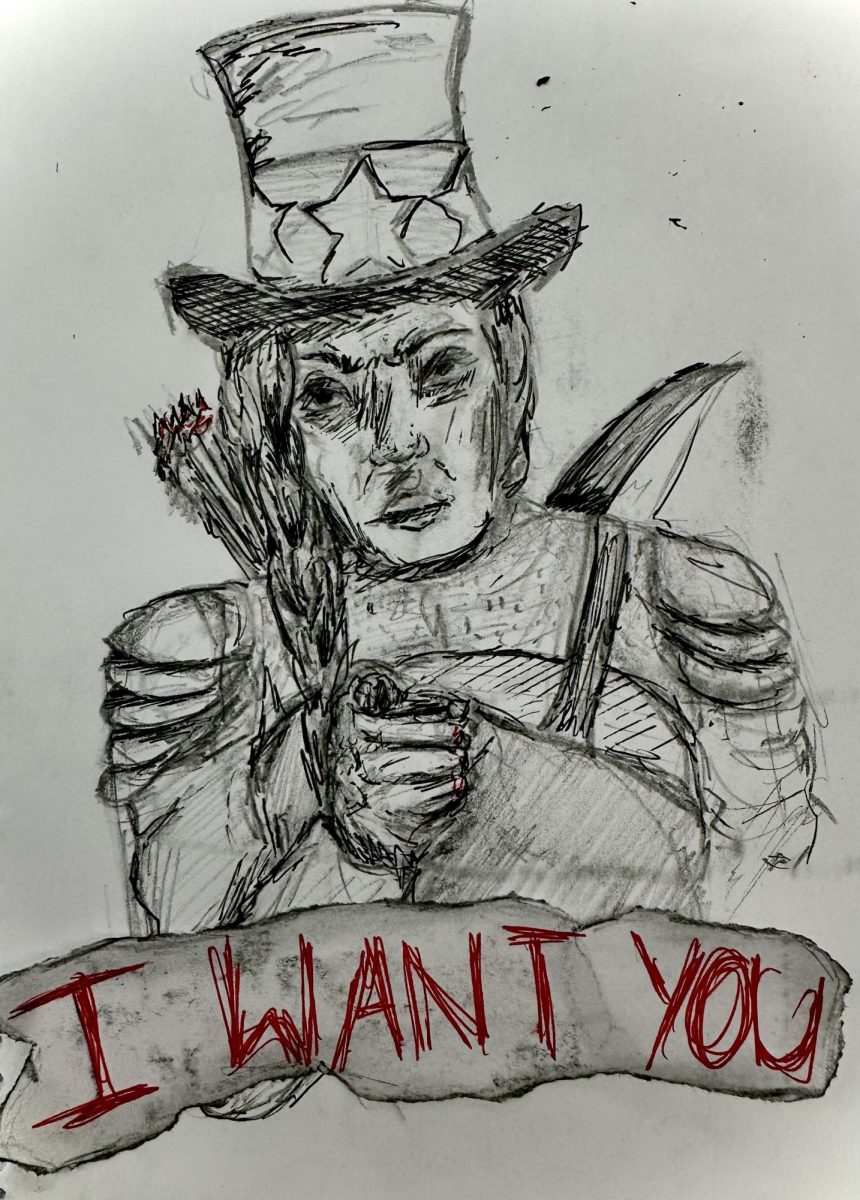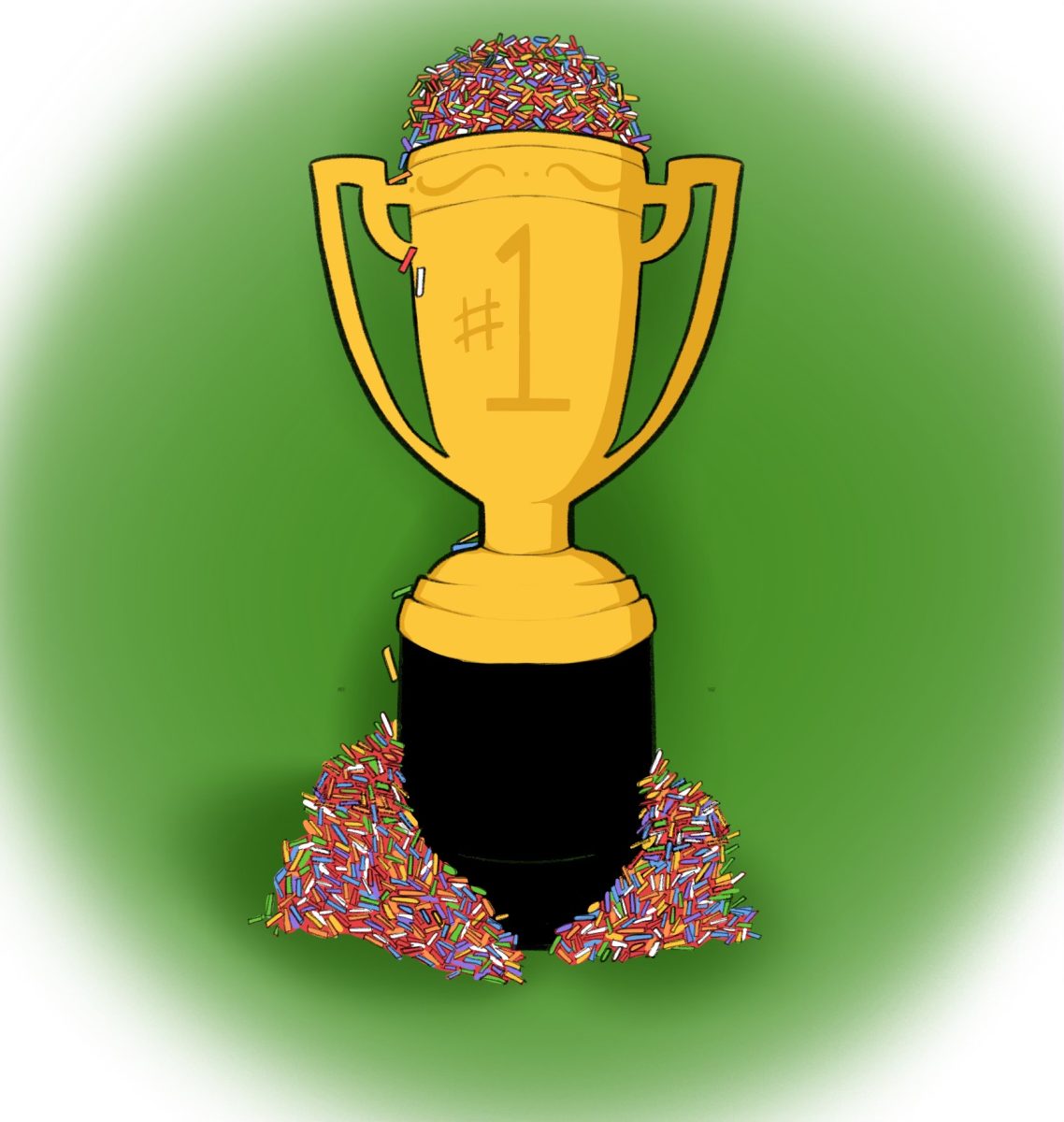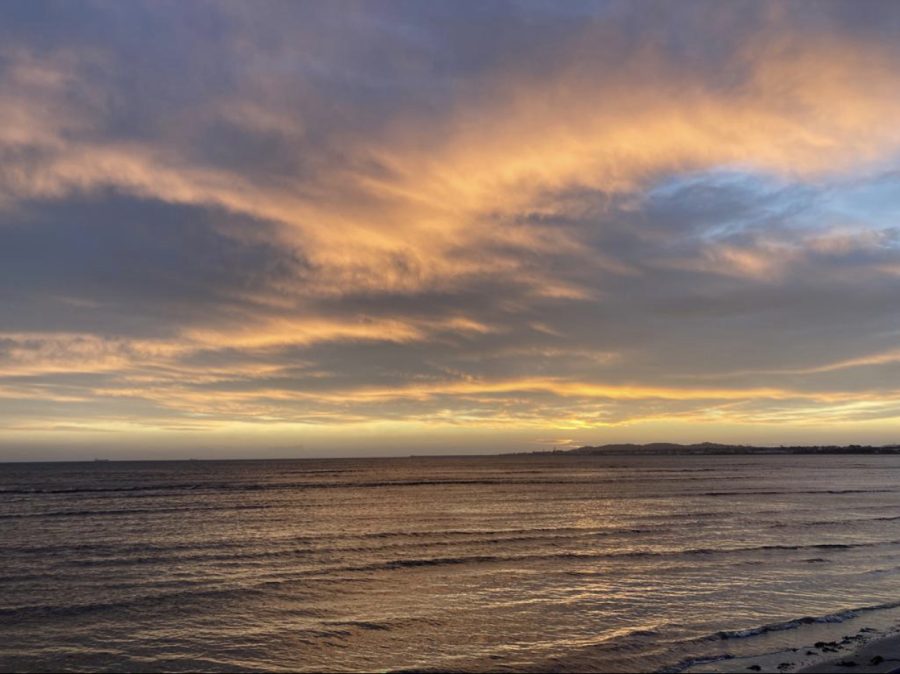By Ivaylo Pasev
ivaylopasev.wordpress.com
1984 came and passed but for most people it was nothing like ‘’1984,’’ the dystopian George Orwell novel of government censorship and the mental slavery of people. I say for most because for some it was and continues to be. People live in nations of informational darkness and rely on the government’s filtered information as the only source of outside news. These are people like those in North Korea, where internet access is illegal and only government frequencies are received on television sets.
No one knows how the North Korean public sees the rest of the world or how much they actually see. I was so curious to explore the lives these people live, but because they are so isolated from the rest of the world, that is hard to do. Then I realized that my parents spent their childhoods living in the then-communist country of Bulgaria where only filtered information was allowed to enter the nation.
They told me that when the Chernobyl incident happened in Russia, evacuation signals did not immediately reach the Bulgarian public which was in danger of radiation, being 1,100 miles away.
My father recalls the threats of prison time they would receive if they were caught listening to BBC or any other Western world radio programs, which they called “propaganda.”
Local newspapers published the success of Georgi Ivanov, the first Bulgarian cosmonaut, but the fact that the mission was a disaster since it was plagued with many problems was left out.
If this is what my parents remember of Bulgaria’s communist times, I can only imagine the media censorship my grandparents had to live through.
The issue of censorship is not a thing of the past. In the 2014 Olympic Games opening ceremony in Sochi, one of the Olympic rings malfunctioned and did not light up. In order to appear flawless in its Olympic spotlight, Russia edited the footage that aired on its television programs to make it appear as if the lighting of the rings was perfect.
With so much attention on the host nation during these Olympic games and also considering that their ways and beliefs differ from others, Russia has received a lot of news coverage lately. The nation’s anti-gay policies have inspired the Russian punk band, Pussy Riot, to publicly protest these policies and especially the leadership of Vladimir Putin. In February, as the band began singing in protest in Sochi, police started pepper spraying and whipping them which can be seen in graphic YouTube videos. Russia has a different way of handling things like that than America. The band members were quickly silenced and escorted away from the Olympic venue.
The previous arrests of the Pussy Riot members for hooliganism were widely criticized as a form of censorship.
While still on the topic of the Olympics, it was reported, as a joke of course, that North Korean leader Kim Jong-Un tweeted (under the name @KimJongNumberUn) that North Korea had won gold medals in all Olympic sport competitions. It is not too hard to fall victim to this joke, knowing about North Korea’s dictatorship control.
But this censorship is everywhere, not only in North Korea, and Russia but also here in the United States. Everyone knows that Justin Bieber was arrested and charged with driving under the influence and….. like I said, everybody knows. But at the same time the Ukraine was nearing (and still is) a civil war. But no, the news prioritized Bieber over the Ukraine situation where people were losing their lives. Recently, coverage on the situation has increased and is now better covered.
Censorship is a very interesting and delicate topic to discuss, and is definitely in use today. Even though most people have access to a lot of resources, the biggest one being the internet, it is often hard to tell if what we are reading or learning about is accurate.
There are many sides to all situations and censorship is choosing the one that best fits the ideologies of the country, person, or group.
What you believe in depends on which side you choose to look at. So which one do you choose?


